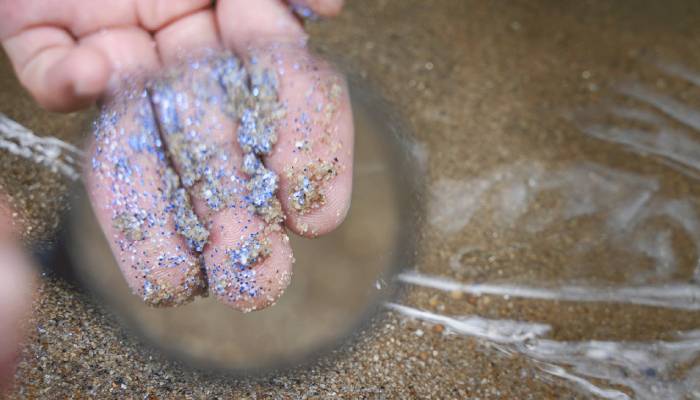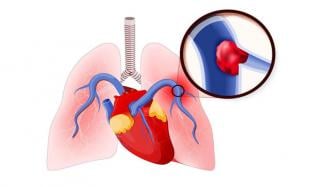
Microplastics are invading our brain cells, finds new study!
In a recent preprint study, which means without peer-review and publication, performed earlier in 2024, multiple samples of human brain tissues were collected at an autopsy, which revealed that the brain now contains significantly more tiny shards of plastic than it did eight years ago.
The lead author, Matthew Campen, at the University of New Mexico, discovered, “The concentrations we saw in the brain tissue of normal individuals, who had an average age of around 45 or 50 years old, were 4,800 micrograms per gram, or 0.5% by weight.”
“Compared to autopsy brain samples from 2016, that’s about 50% higher. That would mean that our brains today are 99.5% brain and the rest is plastic,” he further noted in the preprint uploaded online in May 2024.
Another researcher, Phoebe Stapleton, who works as an associate professor at Rutgers University in Piscataway, stated that this invasion only shows the exposure of microplastic in the brain and not the damage caused by it.
“It is unclear if, in life, these particles are fluid, entering and leaving the brain, or if they collect in neurological tissues and promote disease. Further research is needed to understand how the particles may be interacting with the cells and if this has a toxicological consequence,” she wrote in an email.
Dr. Philip Landrigan, a pediatrician and biology professor at Boston College who was not a part of the preprint, however, noted, “It’s important not to scare the hell out of people, because the science in this space is still evolving, and nobody in the year 2024 is going to live without plastic.”
“I say to people, ‘Listen, there are some plastics that you can’t escape. You’re not going to get a cell phone or a computer that doesn’t contain plastic.’ But do try to minimize your exposure to the plastic that you can avoid, such as plastic bags and bottles,” he further added.















